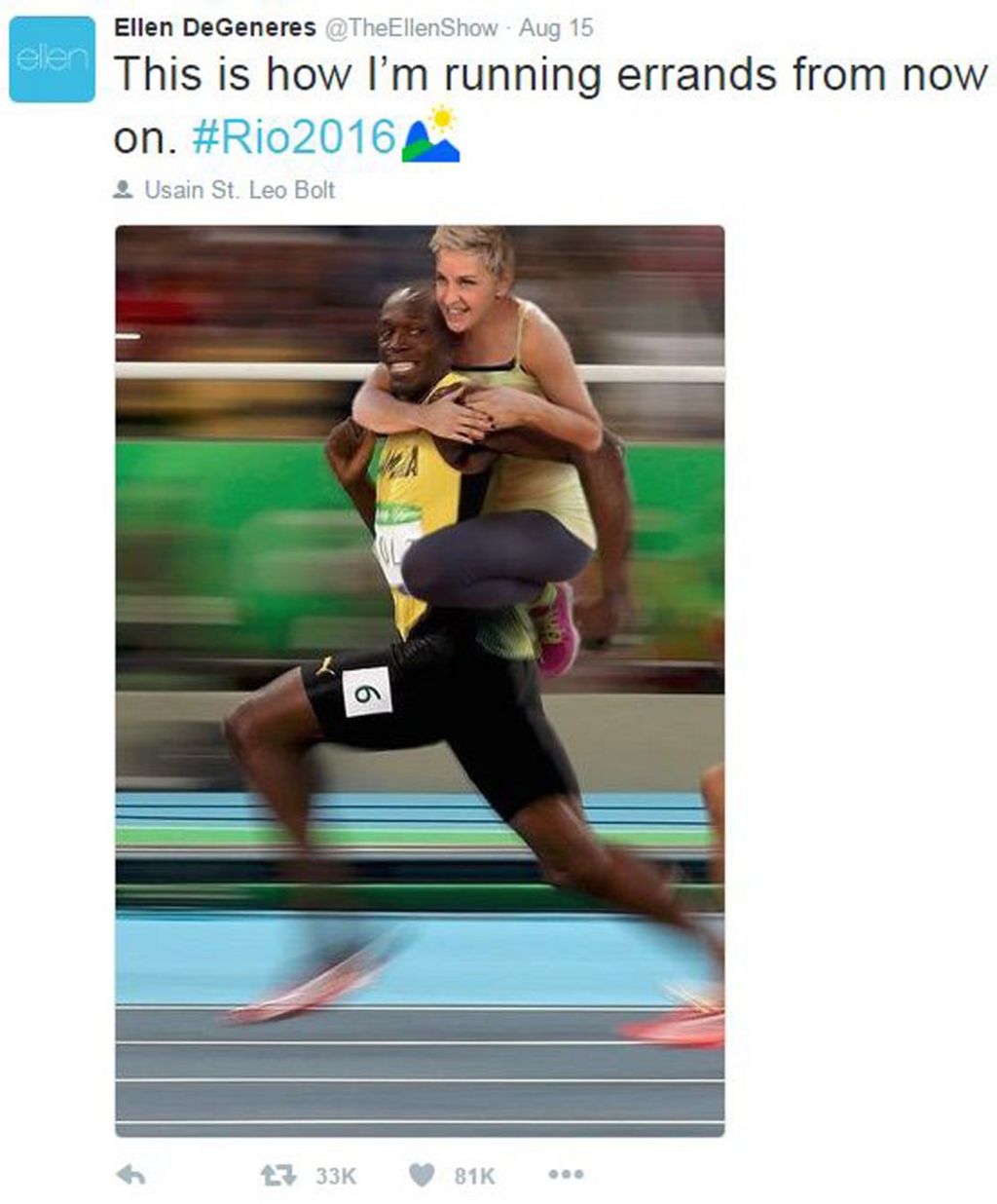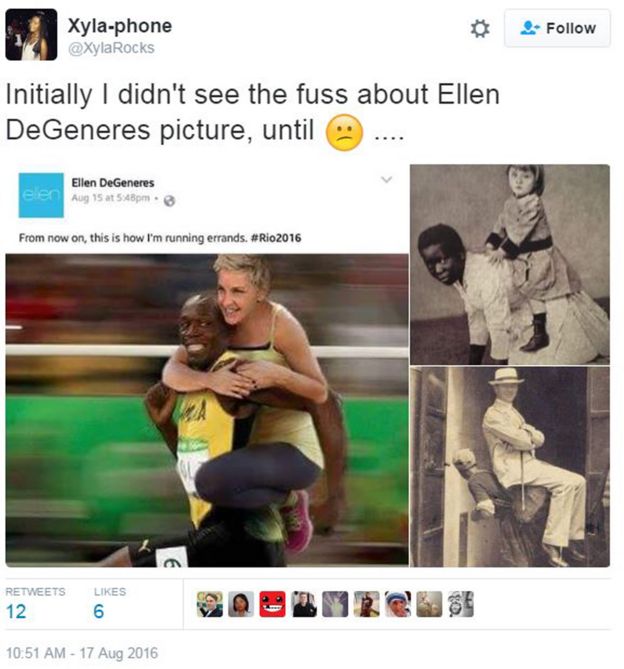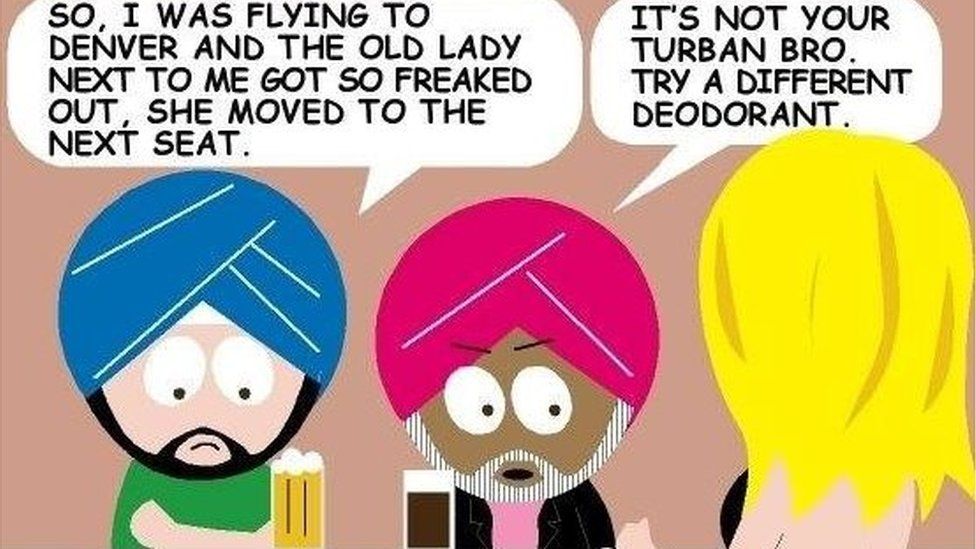Can humor truly transcend the boundaries of sensitivity, or does the act of finding amusement in racial stereotypes inevitably cross a line? The unsettling truth is that racist jokes, regardless of intent, contribute to a climate of prejudice, perpetuating harmful stereotypes and devaluing the experiences of marginalized groups.
The internet, a vast and often unpoliced landscape, has become a breeding ground for these offensive attempts at humor. From casual one-liners to elaborate comedic routines, the echoes of racial slurs and prejudiced tropes resonate across digital platforms. One can easily stumble upon collections labeled as "the funniest racist jokes," inviting users to laugh at the expense of others. Such content is often promoted with a disclaimer, a feeble attempt to absolve the creator from responsibility, stating that the jokes are "intended to be jokes, and should be taken as such." However, the impact of such statements is negligible when the core content is deeply harmful, often reinforcing ethnocentric notions of racial superiority.
The prevalence of this type of humor is not confined to anonymous forums; it infiltrates mainstream media, where comedians, often in the name of satire, employ racist jokes to elicit laughter. Former "Tonight Show" host Jay Leno, for instance, was recently compelled to apologize for decades of making jokes about Asians, particularly focusing on the derogatory stereotype of Koreans eating dog meat. This raises a crucial question: when does satire become a vehicle for perpetuating prejudice rather than challenging it?
- Antonio Banderas Exploring His Captivating Childhood
- Steve Martins Daughter Meet The Comedians Only Child
The defense often mounted for these jokes is that they are merely reflecting reality, or that they expose the absurdity of prejudice. A comedian might claim they are using a racist joke to highlight the irrationality of racist beliefs. But the reality is that such jokes often normalize and legitimize hateful sentiments. They can be particularly damaging when used by members of a dominant group, as they reflect ethnocentric notions of racial superiority. At best, the "victims" of these jokes are seen as amusing; at worst, they are mocked and ridiculed. This can have a profound impact, reinforcing the racial hierarchy and rationalizing existing inequalities.
The consequences of normalizing racist humor are far-reaching. It contributes to a climate where discrimination and prejudice are tolerated, if not outright celebrated. This can have a devastating impact on the lives of individuals and communities, leading to feelings of alienation, marginalization, and even physical harm. The use of racial slurs, no matter how "lazy and uninspired," can be deeply hurtful, and the defense that "it doesn't seem that insulting" misses the point entirely.
Analyzing the impact of such jokes requires a deep dive into their content and structure. Scholars like Simon Weaver, in his work "Jokes, Rhetoric and Embodied Racism," offer rhetorical discourse analyses of racist jokes, deconstructing the logics at play. Other works, such as those by Michael Omi, argue that racist jokes serve to reinforce stereotypes and rationalize existing relations of racial inequality. These studies provide a valuable framework for understanding how racist humor operates and its harmful effects.
- Daniel Ezras Height In Feet An Exact Measurement
- Unveiling Linda Kozlowskis Age A Journey Through Time
The internet has become a reflection of society, warts and all. Racist trolls, as the content indicates, are everywhere. The comments sections of blogs and social media pages are rife with offensive content. Yet, there are also those who actively challenge this hateful rhetoric. Those who speak out against prejudice, who refuse to be complicit in the harm caused, are essential in combating the spread of such damaging content.
The evolution of comedy itself has also made an impact, as the subject matter of jokes has evolved. From family-friendly to jokes that are extremely offensive, the lines of what is acceptable have blurred. This raises the question: are these jokes a true reflection of society or a tool that is used to divide and alienate?
It is important to acknowledge the harm caused by racist jokes. They can create a hostile environment, perpetuate harmful stereotypes, and reinforce racial inequalities. They can also be deeply hurtful to those who are targeted by these jokes.
Here is a table of comedians whose racist jokes have garnered public criticism:
| Comedian | Offensive Content | Public Reaction | Apology/Response |
|---|---|---|---|
| Jay Leno | Racist jokes about Asians, particularly Koreans eating dog. | Public backlash | Issued an apology. |
| [Insert Comedian's Name Here] | [Describe the Racist Jokes] | [Describe the Public Reaction] | [Describe the Comedian's Response] |
| [Insert Comedian's Name Here] | [Describe the Racist Jokes] | [Describe the Public Reaction] | [Describe the Comedian's Response] |
The focus shifts to the impact of these jokes, which is harmful. They may seem like lighthearted banter to some, but can often have serious consequences.
The ability to laugh in the face of adversity is a valuable skill. However, when the punchline relies on demeaning a group of people, the laughter comes at a cost. The challenge is to find humor that unites and uplifts, rather than divides and degrades. To be clear, there is a difference between jokes about a group of people and jokes that directly demean them or insult their culture and heritage. It is important that this distinction is made. Some jokes, like those concerning the Ferguson police, can be seen as reflecting real inequalities or the reality of a situation, while others can cross into harmful areas.
We are living in a time when the demand for equality and respect is at an all-time high, and the conversation has shifted. The question remains, should certain subjects be off-limits in comedy? The answer is not so simple, as comedians may argue that certain subjects are only meant to satirize issues, while others may point out that those same jokes can do real harm.
As previously mentioned, the internet is a breeding ground for offensive attempts at humor. The content is often promoted with a disclaimer, a feeble attempt to absolve the creator from responsibility. Many argue that they are just jokes, and should be taken as such. However, this is not always so, because the impact of such jokes is often negligible when the core content is deeply harmful, often reinforcing ethnocentric notions of racial superiority. This is often due to the anonymity afforded by online forums.
The creation of a joke involves a complex process of crafting content. Jokes involving racial slurs are often based on stereotypes and historical discrimination. This should be considered by those who may create or share this content.
While the concept of free speech is paramount in a democratic society, it does not mean that all speech is free from consequences. It is important to promote civil dialogue and to respect the diversity of our communities.
In conclusion, we are challenged to confront the impact that racial jokes can have on society. This challenge involves the acknowledgment of the damage caused by these jokes, the fostering of empathy, and an examination of the historical context that gives rise to these jokes. This involves a commitment to building a society in which humor is a vehicle for connection and understanding, and not a tool for division and harm.
In the end, it is not enough to simply label something as "just a joke." We must be critical of the jokes that we tell, and the jokes that we laugh at.
- Mark Wahlbergs Towering Presence Unveiling His Height
- Machine Gun Kelly And Emma Cannon The Story Behind Their Baby Mama Saga


